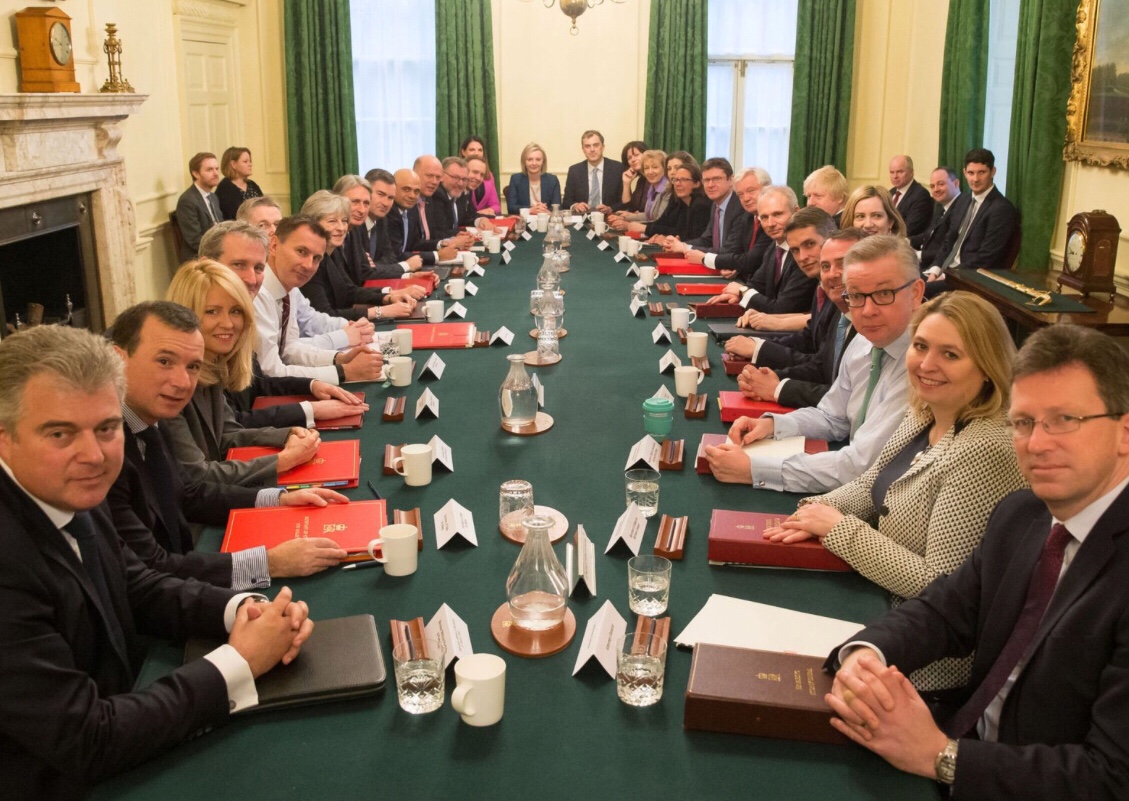A century after it opened as a simple grass runway in a village west of London. Heathrow could be transformed into the world’s biggest airport following a controversial decision by British lawmakers.
Construction of a third runway — one which would extend over the country’s busiest freeway — was approved in a parliamentary vote that followed decades of debate over how to expand the UK’s capacity for air traffic.

Under the proposal, passenger capacity at Heathrow could jump from nearly 80 million passengers per year to 110 million by 2030, making it, by current statistics, the worlds biggest in terms of traffic.
As well as boosting Heathrow’s status as an aviation hub and making it easier for visitors to travel to the UK, it’s hoped the move will counter any economic fallout from the country’s “Brexit” from the European Union.
But the strong resistance to Heathrow’s expansion is likely to continue beyond the vote.
Pressure groups have long claimed that increasing the airport’s size and bringing in more air traffic over a heavily populated area will adversely impact those living nearby and irreparably hurt the environment. Hundreds of homes would be destroyed to facilitate the expansion.
If construction work to expand Heathrow does go ahead, the £14.3 billion ($20 billion) plan is to build a third runway northwest of and parallel to the existing two east-west strips.
The new airstrip would cross over the M25 motorway, London’s busy and regularly congested outer ring road. About 750 homes in the villages of Longford, Sipson and Harmondsworth could be flattened to make way.
Heathrow is currently the world’s seventh busiest airport in terms of passenger numbers, with 78 million in 2017.
Top of the list is Hartsfield-Jackson Atlanta with 104 million, followed by Beijing Capital with 96 million, Dubai with 88 million, Tokyo Haneda with 85 million, Los Angeles with 84.6 million and Chicago O’Hare with 80 million.
The top 10 is rounded out with Hong Kong in eighth place with 73 million, Shanghai Pudong with 70 million in ninth and Paris-Charles de Gaulle in 10th with 69 million.
Source: CNN
Theresa May is to have a cabinet meeting at her Chequers country retreat at the end of next week to finalise the Brexit white paper in a showdown.
Sources told Sky News the meeting had been pencilled in for 5 and 6 July, with cabinet ministers told to bring their overnight bags as the prime minister locks in her top team to thrash out an agreement.

The much-awaited white paper, setting out detailed plans on the UK’s post-Brexit future, will be published on 9 July.
After months of prevaricating, the prime minister will have to finally set out what sort of post-Brexit customs rules she wants in a showdown meeting.
Source: SkyNews
From the first selfie taken by Robert Cornelius in 1839 to the rainbow filtered selfies you may have shared on social media, International Selfie Day is a celebration of the art of the contemporary self-portrait.

We’ve seen some impressive selfies in our time. Maybe the ones from space are the most improessive ones. One small step for Curiosity, one giant leap for selfie-kind.
As you know I am a frequent member of the selfie community. I think it started with my drive to lewrn new things and see new places. Travelling encourages the selfie-behavior.






You must be logged in to post a comment.